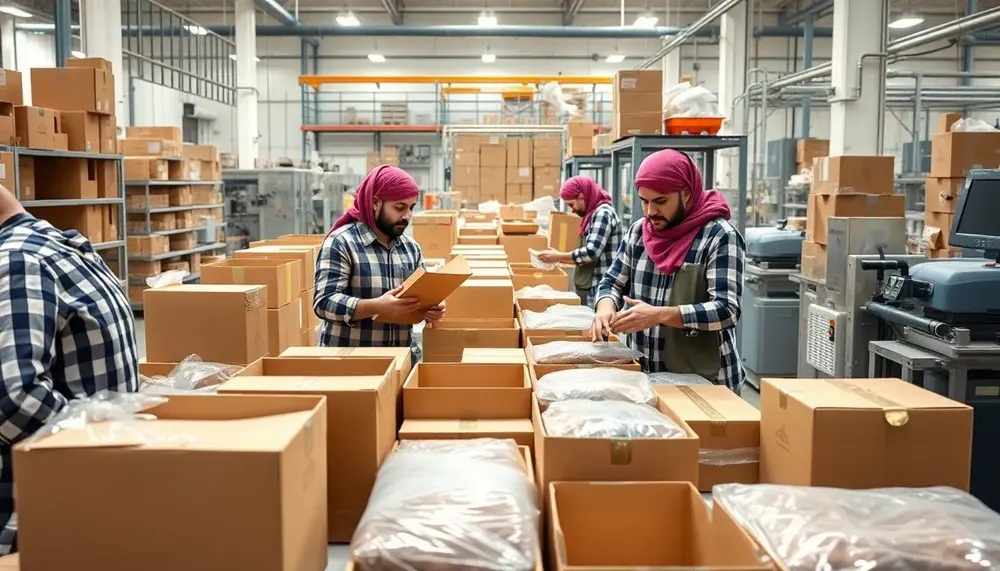Industrial packaging
Industrial packaging
Industrial Packaging
Industrial packaging refers to the materials and methods used to protect, store, and transport goods in industrial settings. This type of packaging is designed to handle large quantities and heavy loads. It ensures that products remain safe during long-distance shipping and storage.
Types of Industrial Packaging
There are several types of industrial packaging. Common examples include wooden crates, metal drums, and bulk bags. Each type serves a specific purpose and is chosen based on the product's needs.
Materials Used in Industrial Packaging
Various materials are used in industrial packaging. These include wood, metal, plastic, and cardboard. The choice of material depends on factors like durability, cost, and the nature of the product being packaged.
Benefits of Industrial Packaging
Industrial packaging offers many benefits. It protects products from damage, contamination, and theft. It also makes handling and transportation easier and more efficient.
Applications of Industrial Packaging
Industrial packaging is used in many industries. These include manufacturing, agriculture, and pharmaceuticals. Each industry has specific requirements that influence the type of packaging used.
Conclusion
In summary, industrial packaging is essential for protecting and transporting goods in industrial environments. By choosing the right type and material, businesses can ensure their products reach their destination safely and efficiently.
Blog Posts with the term: Industrial packaging
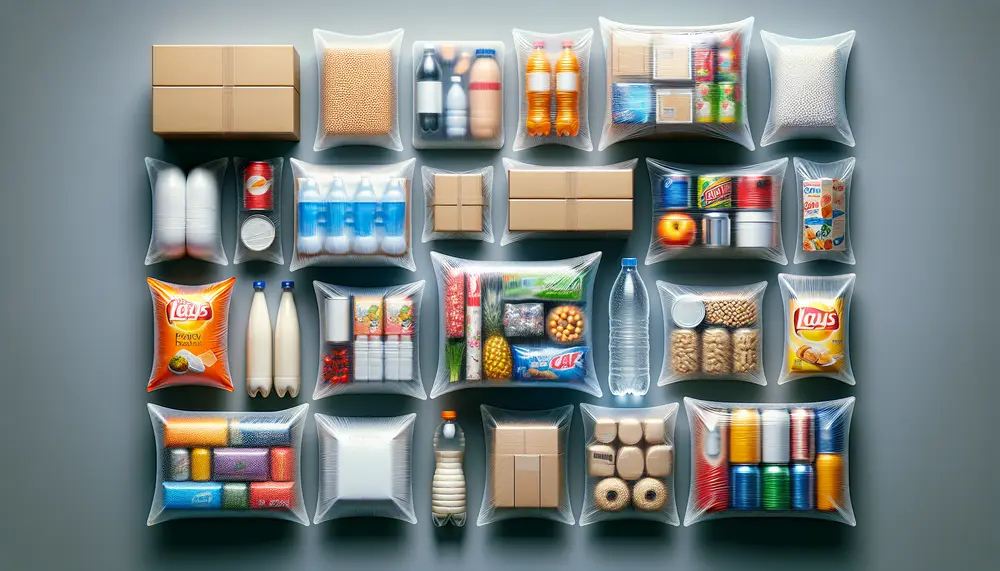
Packaging nylon, a synthetic plastic derived from petroleum products, is known for its strength, durability and resistance to chemicals, heat and abrasion. Its versatility allows it to be used in various sectors including food packaging, medical packaging and electronics due...
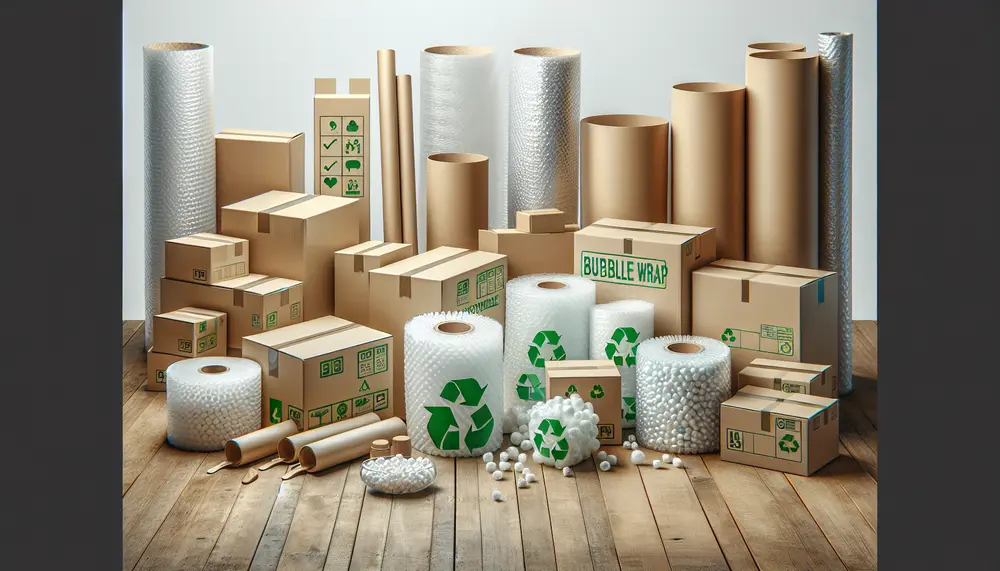
Packaging solutions in New Zealand are essential for product integrity, safe distribution, and brand identity; they must be durable for long transits and increasingly sustainable to meet consumer expectations. Quality packaging is crucial as it protects goods during shipping, enhances...
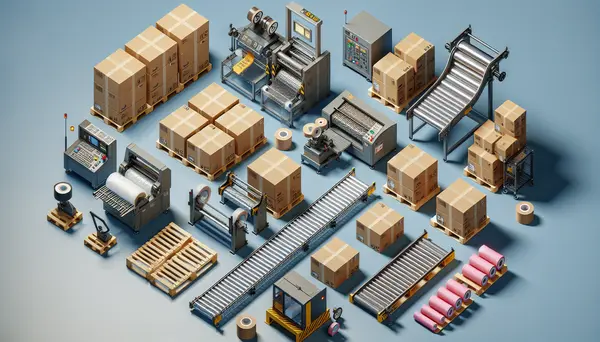
Industrial packaging production plays an integral role in modern manufacturing, spanning across many industries. Its process is meticulous, beginning with design and going through various manufacturing processes, all of which have been revolutionised by technology and automation for increased efficiency...
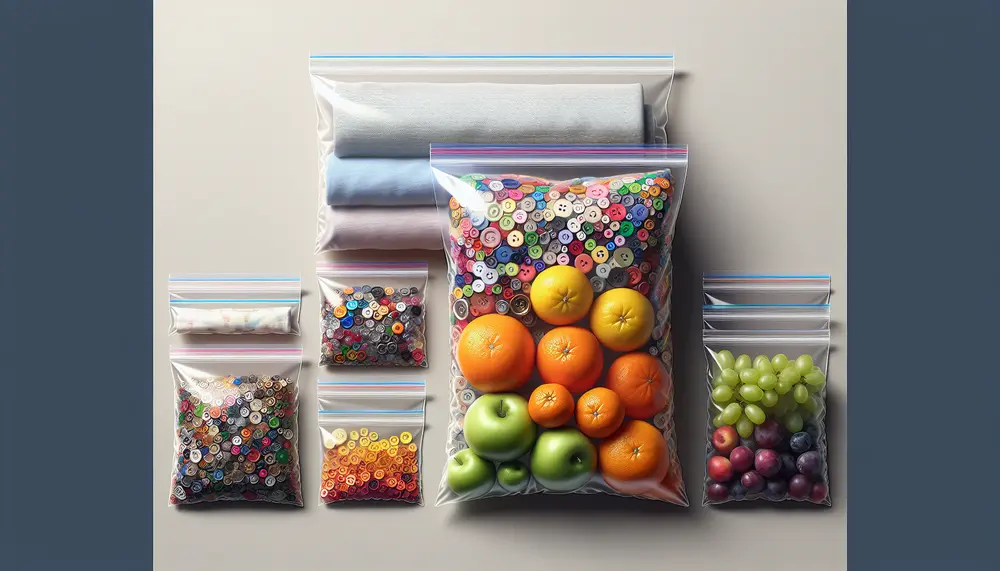
Ziplock packaging bags offer a versatile and sustainable solution for storage, organization, and transportation needs across various industries. They are reusable, come in different sizes with additional features, and advancements include recycled material options to reduce environmental impact. Recycled ziplock packaging...
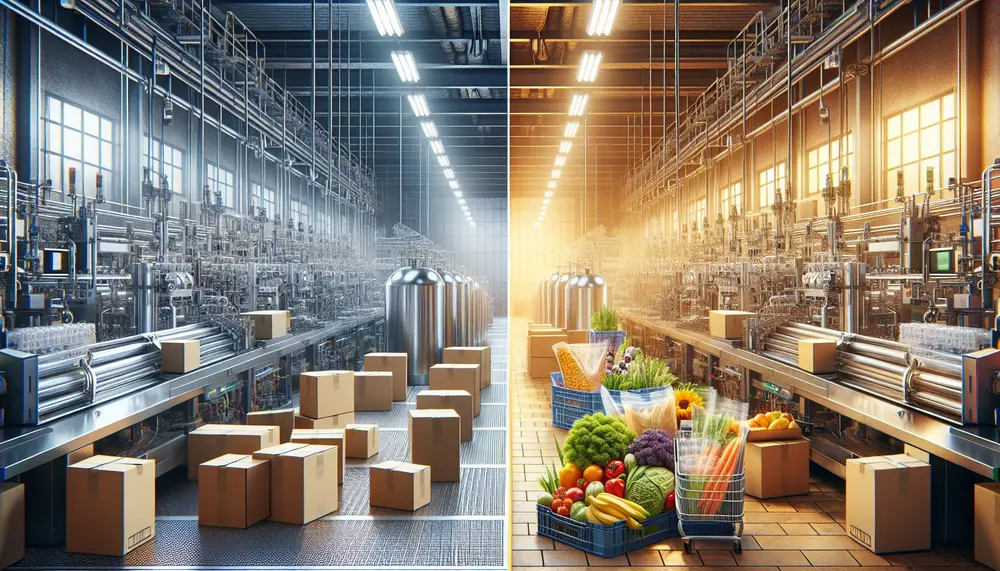
Industrial grade packaging is designed for durability to protect non-consumable items like machinery parts, whereas food grade packaging must be safe for direct contact with consumables and adhere to strict regulatory standards such as those set by the FDA or...
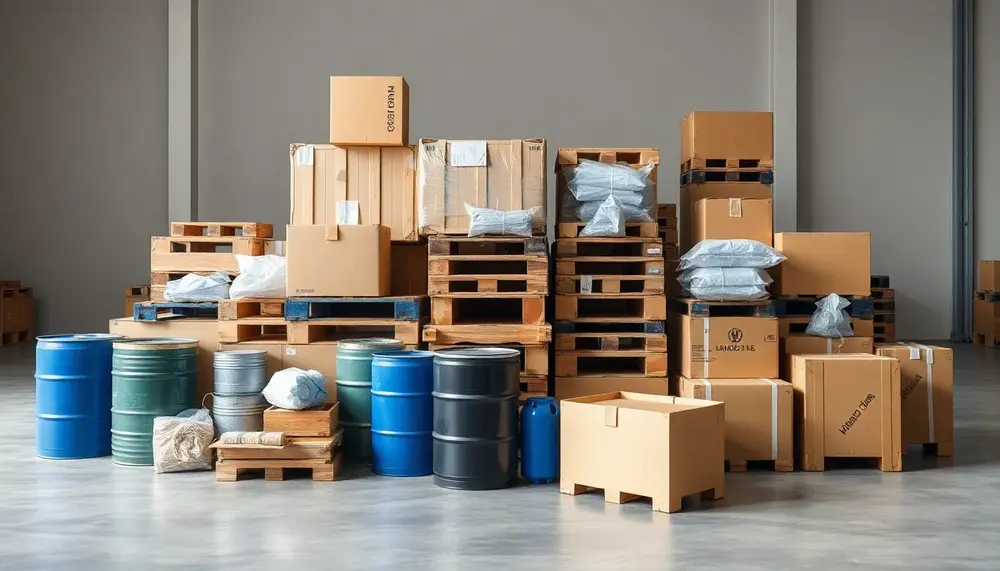
Industrial packaging is crucial in logistics, acting as a protective and efficient shield for goods during transit by ensuring stability, safeguarding against environmental factors, and optimizing space to reduce costs. It plays an essential role in maintaining the integrity of...

Kraft paper is a strong and versatile packaging material known for its durability, minimal chemical treatment, and distinctive brown color that appeals to eco-conscious consumers. It's produced through the kraft process which preserves long fibers of pulp, enhancing tear resistance...

Heavy duty reinforced packing tape is a specialized, durable tape with fiberglass reinforcement and strong adhesion, ideal for securing heavy or bulky items during transit. Its advantages include enhanced strength, improved security, durability against environmental factors, cost-effectiveness, and versatility in...
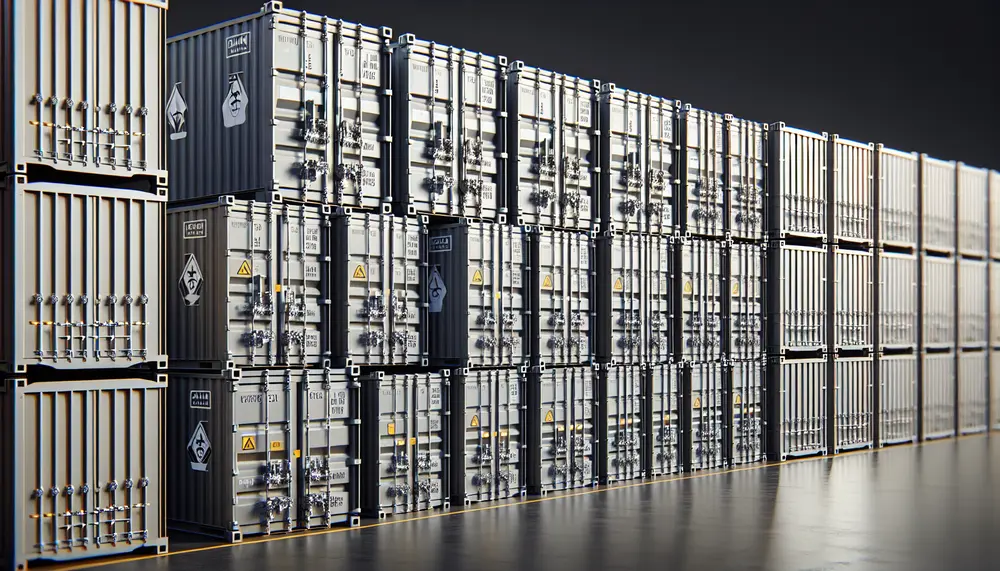
Radioactive material packaging ensures safety during transport by containing radiation and preventing contamination. It involves understanding radioactivity levels, using shielding materials like lead or concrete, ensuring containment with robust seals, and adhering to strict regulations for different package types designed...
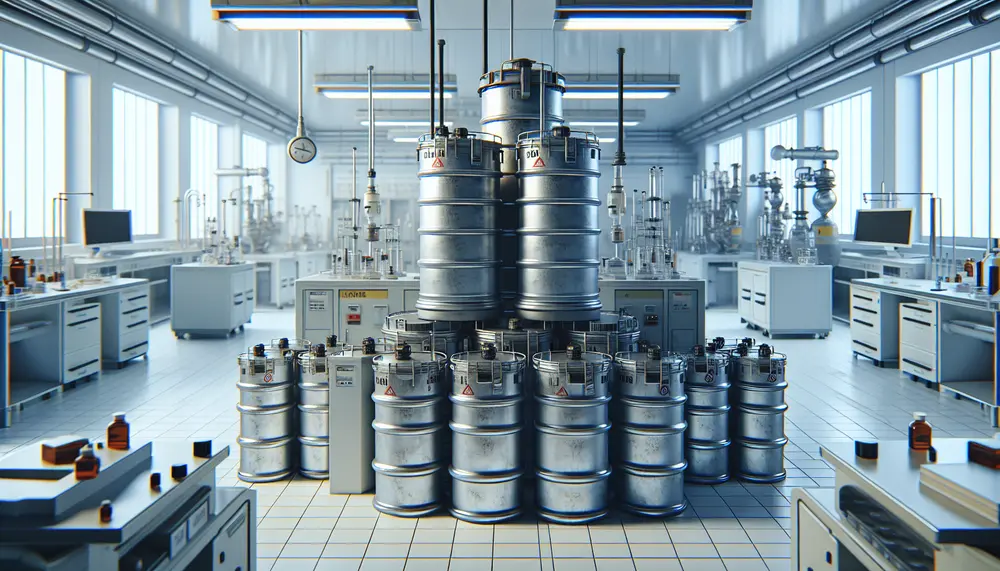
Acids can damage packaging materials, leading to product and environmental harm; understanding their chemical interactions is vital for creating acid-resistant solutions. Acid-resistant packaging ensures safety, maintains quality, and meets regulatory standards by preventing leakage and contamination of acidic products....
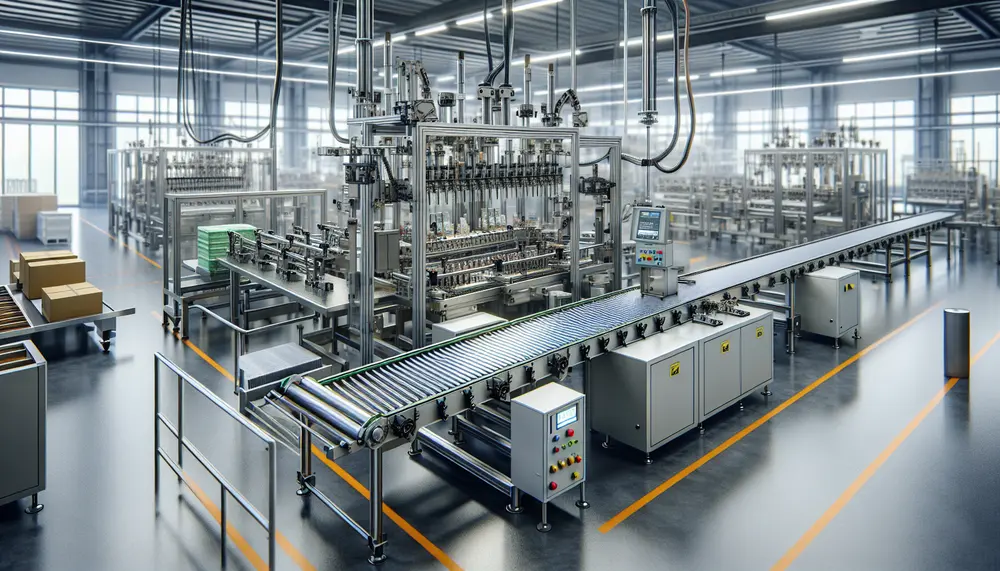
Industrial food packaging machines are essential for the efficient, safe, and consistent packaging of products in the food industry, enhancing product longevity and meeting mass production demands with technologies that extend shelf life and ensure regulatory compliance. Advancements in this...
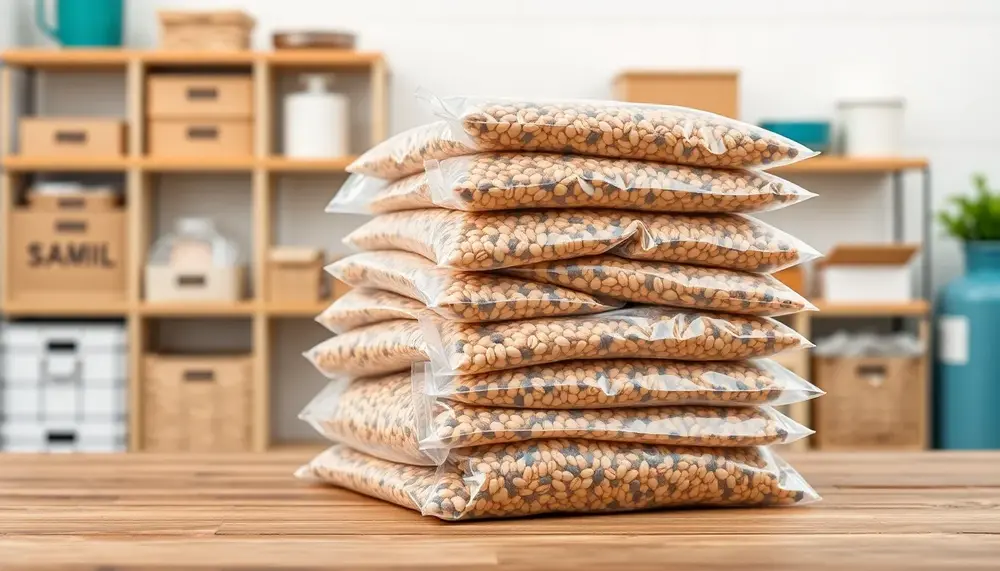
Heavy duty plastic packaging bags are durable, versatile solutions designed to withstand heavy loads, harsh environments, and diverse industrial needs. Their waterproof, weather-resistant properties and customizable designs make them essential for protecting goods across sectors like agriculture, construction, food storage,...

Partnering with reliable packaging providers enhances efficiency, sustainability, and branding through tailored solutions like lightweight materials and optimized designs. These partnerships support eco-friendly practices, cost savings, scalability, and industry-specific needs while fostering long-term growth and environmental responsibility....

A well-structured Slideshare on packaging materials should use a clear narrative, visual comparisons, and actionable insights to guide viewers in choosing the right material. Each type—glass, metal, plastic, paper/board, composites, or biodegradable options—has unique strengths and weaknesses best matched to...

